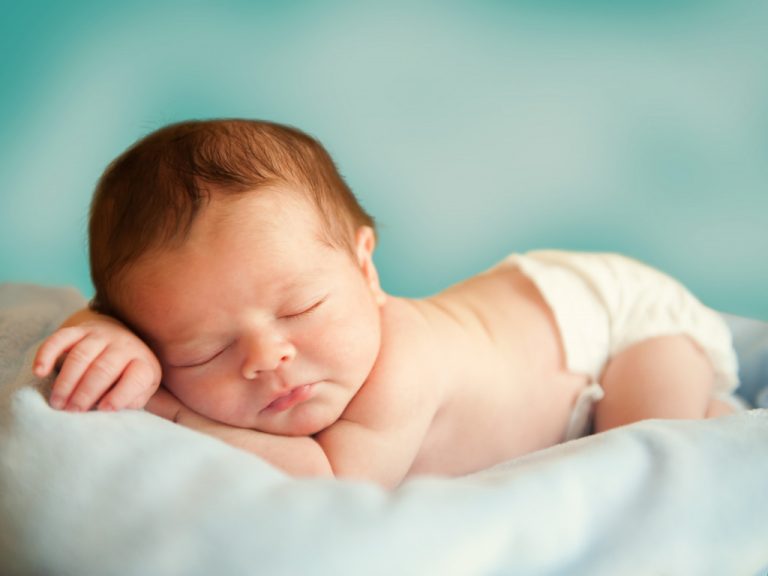When you become a parent, one of your top priorities is keeping your child safe. Unfortunately, many dangers lurk in the average home. It’s essential to take precautions to ensure that your home does not pose risks for your little one.
When it comes to keeping your home safe for your baby, there are a few things to keep in mind:
- Be aware of the potential hazards in your home and take steps to mitigate them.
- Keep an eye on your child and never leave them unattended.
- Have a plan in place in case of an emergency.
You can help keep your baby safe at home by following these tips.
Tips on Managing Home Hazards for Your Baby
Here are some home risks that parents must know about and what you can do about them.
HVAC System
Your heating, ventilation, and air conditioning system (HVAC) can circulate dust and other allergens in your home. To help reduce the risk of these circulating, have your HVAC system serviced regularly and clean or replace your air filters monthly.
Carpets
Carpets can harbor dirt, dust, and bacteria that can cause respiratory problems for your child. If you have carpets in your home, vacuum them regularly and keep them clean. Get professional deep carpet cleaning monthly with a service that uses baby-safe and environmentally friendly products.
Carbon Monoxide
Carbon monoxide is a colorless, odorless gas that can be deadly. It can be leaked by gas appliances, fireplaces, and furnaces. To protect your family, especially your baby, from carbon monoxide poisoning, install a carbon monoxide detector in your home and test it monthly.
Chemicals
Many of the cleaning products and other chemicals used in the home can be dangerous if ingested or inhaled by young children. Always store these items out of reach of children and make sure to use them in well-ventilated areas.
Choking Hazards
Babies put everything in their mouths, so removing small items that could pose a choking hazard is essential. Keep an eye out for coins, buttons, jewelry, and small toys. Also, cut food into small pieces and avoid giving hard candy to young children.
Cribs
Your baby will spend a lot of time in their crib, so you want to make sure that it is as safe as possible. Check the crib regularly for any loose screws, sharp edges, or other hazards. Also, make sure that the mattress fits snugly in the crib. That is so that your child cannot get trapped between the mattress and the side of the crib.
Electrical Outlets
Electrical outlets are another hazard for curious babies. Prevent your child from sticking fingers or other objects into an outlet by installing child-proof covers on all the outlets the home.

Windows
Windows can be a fall hazard for young children. To help prevent accidents, keep windows locked and out of reach of children. If you have a window that opens, make sure to install a window guard.
Sharp Corners
Many homes have sharp corners on tables, counter tops, and other furniture. Put corner guards on any sharp corners in your home to help prevent injuries.
Stairs
If you have stairs in your home, you’ll need to take extra precautions to ensure that your child is safe. Install gates at the top and bottom of the stairs. Make sure that they are always closed when your child is around.
Blinds and Curtains
Window coverings can be a strangulation hazard for small children. If you have blinds or curtains in your home, keep them out of reach of children.
Furniture
Furniture can tip over and fall on children, so it’s important to secure any tall pieces of furniture to the wall. Be sure to also keep heavy items like TVs and bookshelves away from areas where children play.
Toys
While toys are meant to be fun for children, they can also pose a hazard if they are not used properly. Be sure to read the instructions that come with your child’s toys and follow the age recommendations. Also, inspect toys regularly for any broken parts that could pose a choking hazard.
Have an Emergency Plan
You need to have a plan for possible emergencies involving your baby. Ensure that everyone in your family knows the emergency plan and how to execute it. Have a list of emergency numbers near the phone in your home. Know the fastest way to get to the nearest hospital.
Ask your pediatrician what you should do immediately while waiting for 911 responders if your baby chokes on something, swallows something poisonous, or falls. Get training on how to do CPR and the Heimlich maneuver correctly for a baby and a toddler.
Keep Baby Safe at Home
As a parent, it’s essential to be aware of the potential hazards in your home and take steps to prevent accidents and a toxic environment. Even with all precautions in place, never leave your baby unattended. You must also have an emergency plan to cover all contingencies. With a bit of knowledge and some simple precautions, you can make your home a haven for your baby.

